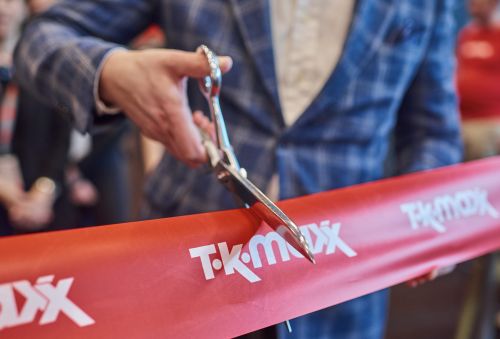An enterprise sells the property it uses to carry out its business to a special purpose vehicle set up by a bank or other financial institution. Concurrently with the sale, the property is leased back to the seller on the basis of a lease, tenancy or leasing agreement [leasing]. The entrepreneur that has sold its property must then pay rent and cover all costs connected with the property (including property tax, perpetual usufruct fees, insurance premiums, and day-to-day maintenance expenses), but gets up front cash that it can use to finance its day-to-day business activity or future investments. The financing party (the buyer of the property) becomes the owner of property, which instantly generates revenue in the form of rent.
When compared to debt financing, the sale and leaseback transaction has a number of advantages. Firstly, the sale proceeds are comparable to the actual value of the real estate, whereas a loan secured by a mortgage usually only represents part of the






























































